In the context of the world undergoing profound changes, Vietnam is facing historic opportunities and challenges to become a developed, high-income country by 2045.
One of the biggest problems is how to attract talent, especially Vietnamese intellectuals living abroad, to return and contribute.
This is not just a development requirement, but requires a strategy to address Vietnam's own challenges, problems that only the Vietnamese people understand well enough to solve.
Resolution 57-NQ/TW of the Politburo on the development of science, technology, innovation and national digital transformation clearly identified: High-quality human resources are the core driving force, in which the Vietnamese intellectual team abroad - those who both understand the culture and are well-trained at the world's leading scientific centers - are a particularly important resource.
And in fact, there were people who chose to return before the “call”. They were doctors and engineers who stepped out of their comfort zones, refusing the wide-open opportunities in the West to return to solve problems that had never been solved: from core technology, smart medicine to the environment and biodiversity conservation.
Coming from a poor rural area in the Central region, Dr. Nguyen Viet Huong soon nurtured in himself the desire to return to contribute to changing his homeland.
After many years of studying and researching in Europe, he did not choose to stay in modern scientific centers but decided to return home in 2018. A decision that stemmed from his father's message: "Do something for the homeland".
As one of the leading experts on nano thin films in Vietnam, Dr. Huong currently owns an international patent and has published 43 scientific articles, of which 35 are in the Q1 category.
He is currently the Deputy Dean of the Faculty of Materials Science and Engineering, Phenikaa University, and was honored as "Outstanding Young Vietnamese Face" in 2024.
One of the reasons that motivated him to return was the core technology problem - a field in which Vietnam is still heavily dependent on foreign countries.
In her field, Dr. Huong believes that if one wants to create a real breakthrough in science and technology, the key is to master manufacturing technology, especially in the field of materials.
He also gave a specific example: In high-tech products such as smartphones, R&D makes up 60-70% of the total profit on each product. Meanwhile, countries that do not master the core technology often only participate in the production process, which has low profit margins and large environmental impacts.
"Mastering core technology will help Vietnam solve the problem of exporting raw materials and importing refined products and ensure self-reliance, especially in the context of a volatile world," said Dr. Huong.
This expert affirmed that to avoid the situation of "exporting raw materials and importing refined materials" and promote sustainable development, there needs to be a young generation committed to the path of science and technology.
Dr. Pham Huy Hieu is also a person who "packed his suitcase and returned home" and chose the problem of mastering Vietnamese people's health data, building a smart healthcare system with disease prevention as the focus.
After completing his excellent PhD program at the Institute of Computer Science Research Toulouse (IRIT), he had many attractive career opportunities in developed countries.
But instead of continuing his career in Europe, he decided to return to Vietnam, joining the VinBigData Big Data Research Institute and then the VinUni-Illinois Smart Health Research Center.
Unlike other fields that can easily learn and transfer technology from developed countries, smart healthcare is a field that requires a deep understanding of the local context: from user behavior, healthcare habits, to accessibility and specific health data systems of each country.
Therefore, many problems in this field are highly “localized”. Dr. Hieu believes that only Vietnamese people understand enough to have effective solutions.
“Science has no borders, but scientists all have their own homeland. There are problems and issues that are national in nature and can only be solved by Vietnamese people. For example, in the field of smart healthcare that I am pursuing, there are many problems with local contexts that cannot be found anywhere else,” Dr. Hieu analyzed.
One of those problems, according to him, is how to help Vietnamese people proactively monitor their personal health in a simple, low-cost and reliable way.
In fact, most Vietnamese people only go to the doctor when their illness has become serious. Daily health monitoring has not yet become a habit: from monitoring blood pressure, heart rate, weight to taking medication properly.
As a result, chronic diseases such as cardiovascular disease, cancer, diabetes, etc. are becoming more common and younger, causing a great burden on the health system, both in terms of treatment costs and pressure on national health insurance.
Dr. Nguyen Van Son is currently a lecturer at the Faculty of Information Technology, University of Engineering and Technology (VNU Hanoi). In 2017, he received a research scholarship at the University of Texas at Dallas, USA. When the doors of academic study were wide open in a foreign country, in 2022, he decided to return to Vietnam, choosing to work at the University of Engineering and Technology - VNU Hanoi.
Focusing on two key research directions: Automated Software Engineering and Data-Centric AI Engineering, in 2024, he was one of 10 faces awarded the "Golden Globe" Science and Technology Award by the Central Youth Union.
Returning home does not mean giving up the ideal research environment. On the contrary, according to Dr. Son, Vietnam is the place with many truly important, unique and unsolved problems.
“In Vietnam, there are many problems waiting to be solved by AI and data, from agriculture, education, healthcare to language. But the important thing is that these problems have very unique characteristics of Vietnamese people and Vietnamese culture, which no other country has,” said Dr. Son.
He pointed out that most of the current AI platforms are built and trained based on Western data, culture, and language. When brought to Vietnam, these models can work, but cannot fully understand specific nuances such as local dialects, customs, and user behavior.
During many years of “eating and sleeping with garbage”, Engineer Bui Quoc Dung – Head of the research team on zero-emission waste treatment system technology and his colleagues have traveled from mountainous areas to urban areas, from Nam Son landfill (Hanoi), Dinh Vu (Hai Phong) to Yen Dung (former Bac Giang).
They carry a big question: Why doesn't Vietnam have a thorough waste treatment technology that is suitable for real conditions?
According to Mr. Dung, the problem of waste treatment in Vietnam is completely different from that of developed countries. While many countries have a system of sorting waste from the source, waste in Vietnam is a mixture of all kinds: from food, plastic bags, bricks and stones to hazardous waste.
“We used to think that American technology would be better. We invested billions of dong to import modern waste treatment modules from abroad. But when put into operation at Yen Dung, Bac Giang (old), the system continuously encountered problems. Foreign technology, if applied directly, would not work,” said Mr. Dung.
The problem is not only the technology, but how to make that technology operate effectively in Vietnam's conditions. In developed countries, the cost of waste treatment can be up to 100 USD/ton. Meanwhile, the average budget in Vietnam is only about 15-20 USD/ton.
If we cannot solve both factors: handling unsorted mixed waste and low cost, then any technology, no matter how modern, will only remain on paper.
From that concern, the research team successfully developed the first zero-emission waste treatment system in Vietnam, operating according to "3 no" technology: no burning, no burying, no emissions.
“We used to think that foreign countries were more developed, certainly better, so we prioritized American technology. At that time, we didn’t really believe in ourselves, didn’t really believe in Vietnamese intelligence.
However, when we put it into practice, we realized that although modern American technology is good, it is not suitable for Vietnamese waste," said Mr. Dung. "We realized that there are problems of Vietnamese people that should be handled by Vietnamese people. Let Vietnamese people research solutions for Vietnamese people."
In Vietnam, there are environmental problems that cannot be solved by modern technology alone. The barriers do not lie in equipment or techniques, but in the social context, community habits and local characteristics that make the problem extremely specific.
KS Dung affirmed: "Environmental problems in Vietnam cannot be solved by technology alone, but must start with understanding people and customs in the very place where the problem is."
Vietnam's nature is sending out a distress signal. And without Vietnamese people who understand this, no technology, no matter how modern, can solve this problem.
While Engineer Hung is determined to master zero-emission waste treatment technology, Dr. Ngo Ngoc Hai goes deep into the forest to track down Vietnam's rare reptile - the gecko - to preserve biodiversity amid the storm of urbanization and illegal pet trade.
Neither of them chose easy paths, but they are paths that only Vietnamese people understand thoroughly.
Dr. Ngo Ngoc Hai is a researcher at the Institute of Genome Research, Vietnam Academy of Science and Technology. He has a total of over 50 publications in domestic and international scientific journals.
Born in Tu Ky district, Hai Duong (old), in the years when the country was changing rapidly, Dr. Hai soon felt that besides urbanization and industrialization, forests were being destroyed, streams were being polluted and species of creatures were silently disappearing from nature.
“I realized that to effectively conserve, we cannot rely solely on our love for nature. We must have a solid scientific foundation, from molecular biology, population genetics to modern analytical technology,” said Dr. Hai.
Dr. Hai's research journey began in 2014 with surveys to search for eyelid geckos, an extremely rare and endemic reptile group of Vietnam, known by experts with the evocative name: "queen of big-eyed geckos".
Through data analysis, he discovered that more than 10,000 individuals had been trafficked across borders in the last few years of the 20th century. The risk of extinction was very real, if timely action was not taken.
Not only sticking to the forest, Dr. Hai also penetrated the ornamental plant market himself, from Hanoi, Ho Chi Minh City to Dong Nai, acting as a buyer to access sources of goods, check prices, and survey the market size.
He also witnessed with his own eyes rare Vietnamese reptiles being sold openly at the largest pet fair in Europe (Hamm, Germany) for several hundred to several thousand USD per pair.
After winning a full DAAD scholarship from the German Government (2018-2022) and successfully defending his excellent PhD thesis, Dr. Hai decided to return home instead of continuing his research in Europe. The reason, according to him, stems from three urgent problems that only Vietnamese people can solve:
First, Vietnam is a global biodiversity hotspot. But the rate of extinction of species here is increasing due to development pressure and climate change.
Without a young research workforce conducting field surveys, collecting data and developing conservation strategies, we will lose biological treasures that cannot be restored.
Second, the field of conservation biology in Vietnam is seriously lacking in young human resources. The number of students pursuing this field is decreasing, while the demand for research, teaching and knowledge transfer is increasing.
And finally, simply because of love for the homeland.
“I am always proud when talking about Vietnam’s golden forests and silver seas. I want to directly contribute to preserving and protecting them, even though I know that this path will be much more arduous than staying abroad,” the young doctor emphasized.
Content: Linh Chi, Minh Nhat
Photo: Hung Anh, Tung Lam, Thanh Binh
Design: Tuan Nghia
08/25/2025 - 07:03
Source: https://dantri.com.vn/khoa-hoc/nhung-bai-toan-viet-nam-phai-do-chinh-tri-tue-viet-giai-quyet-20250824155113063.htm



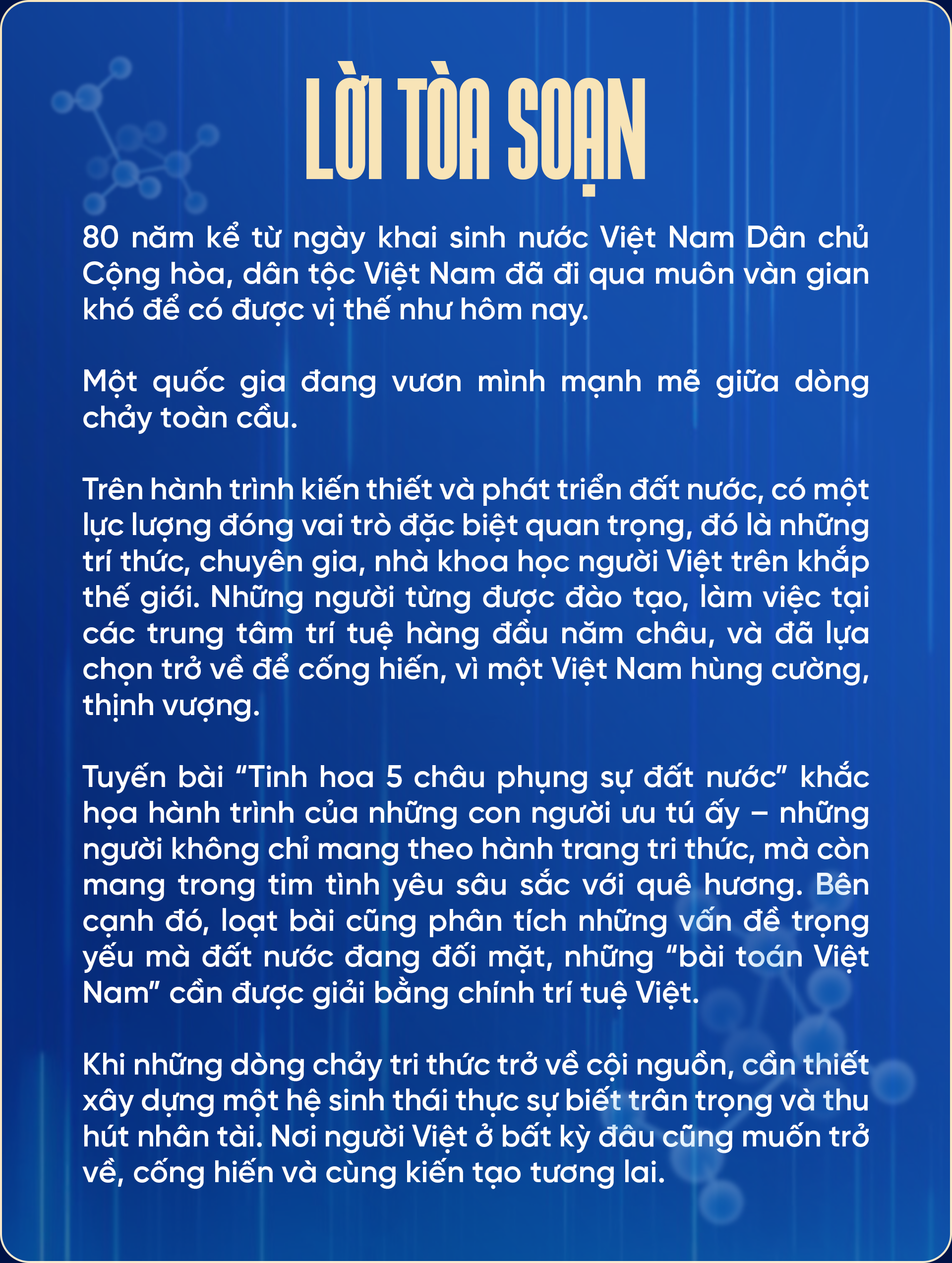

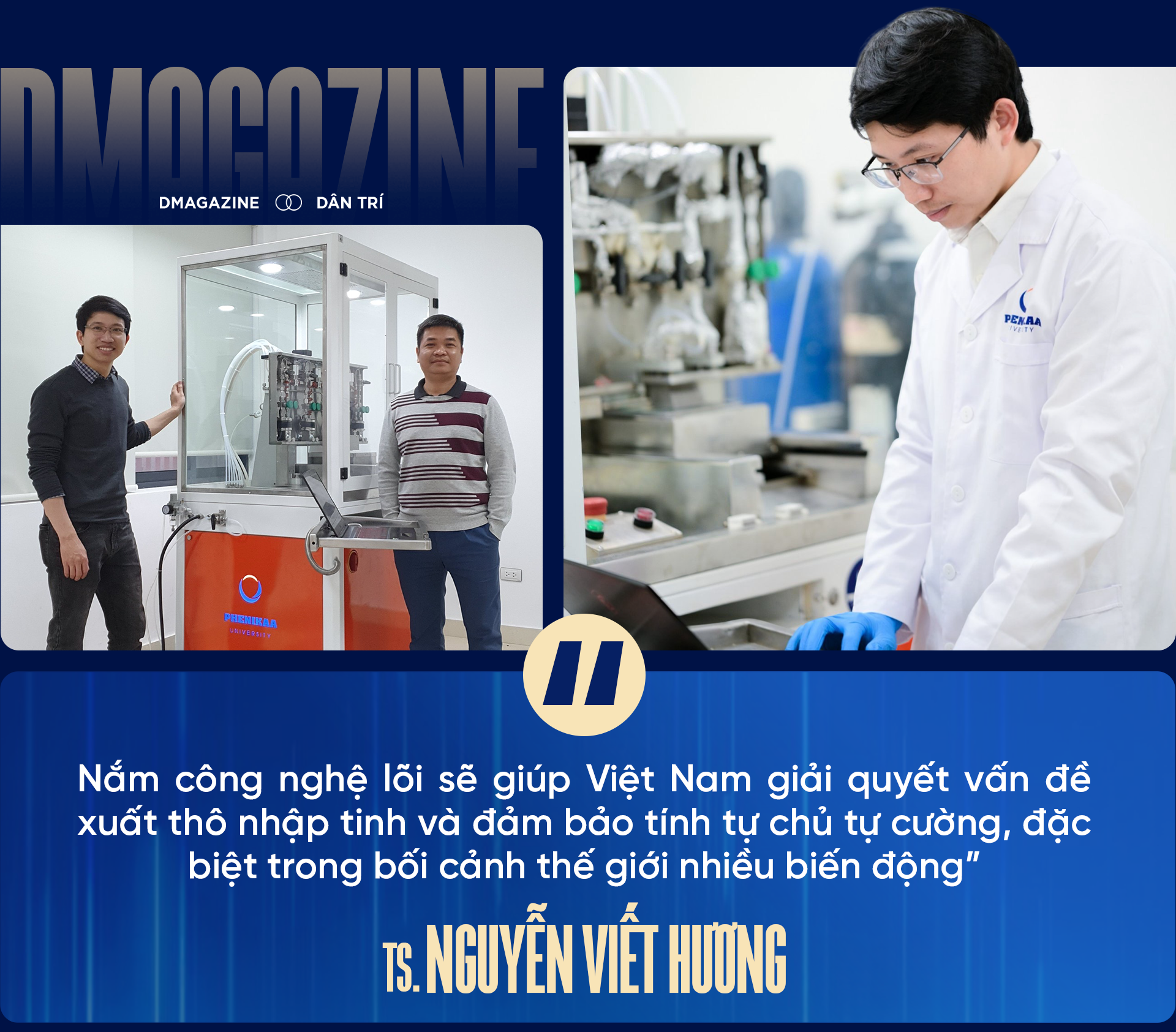

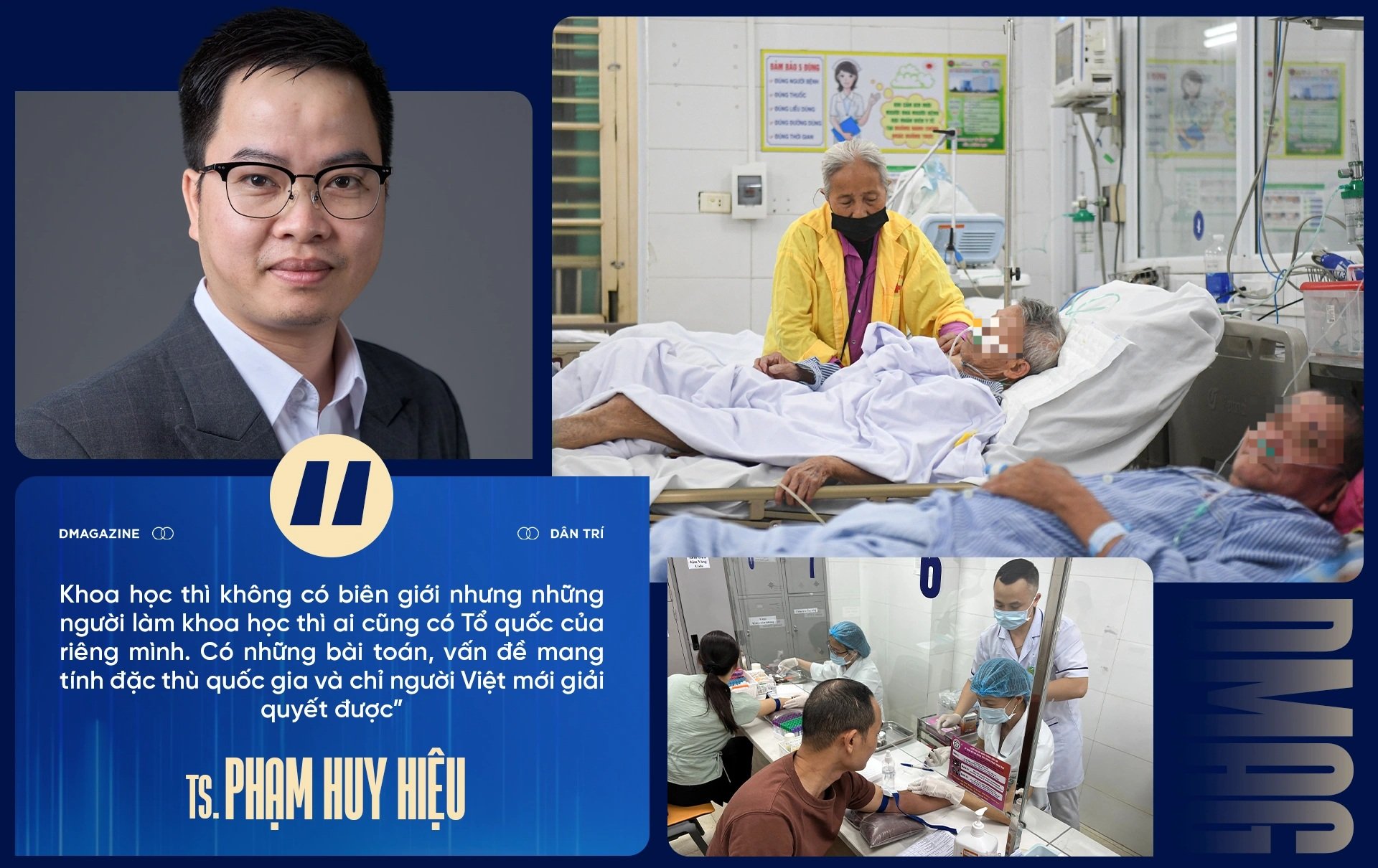

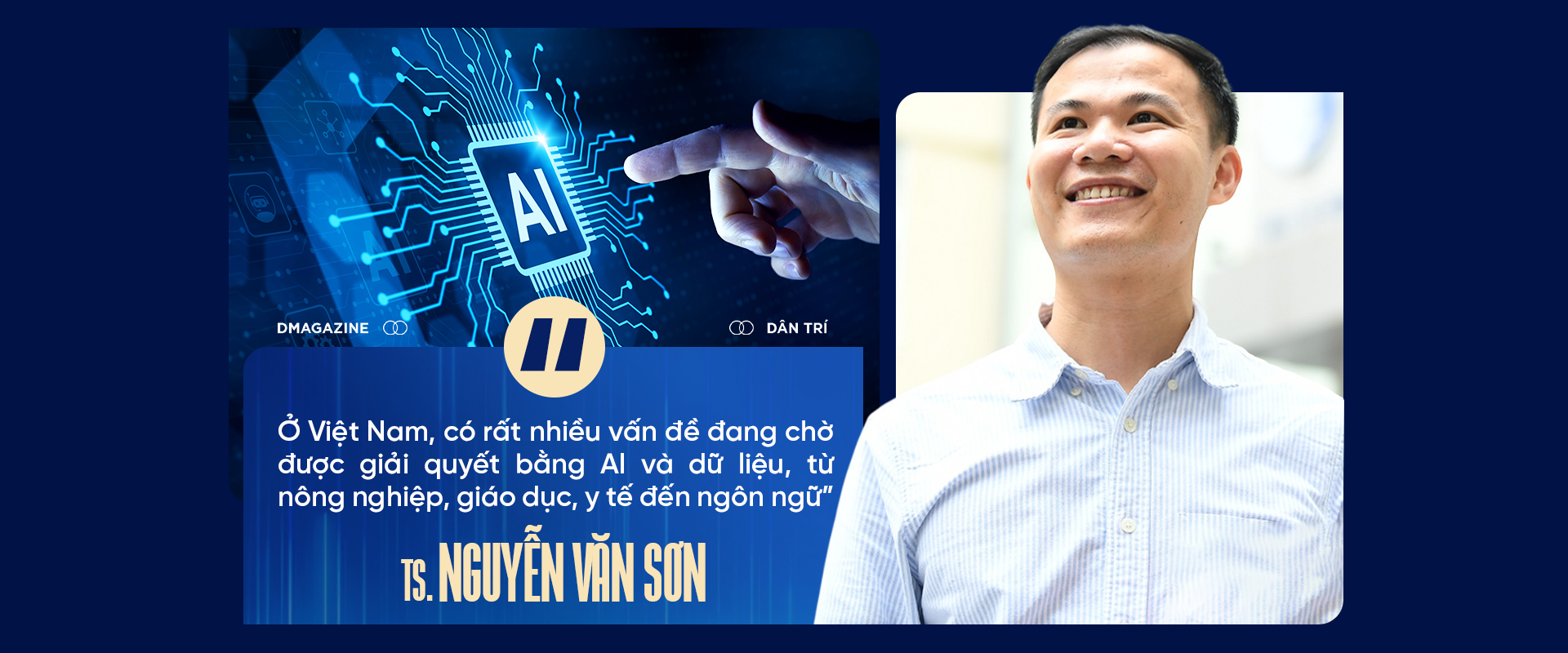

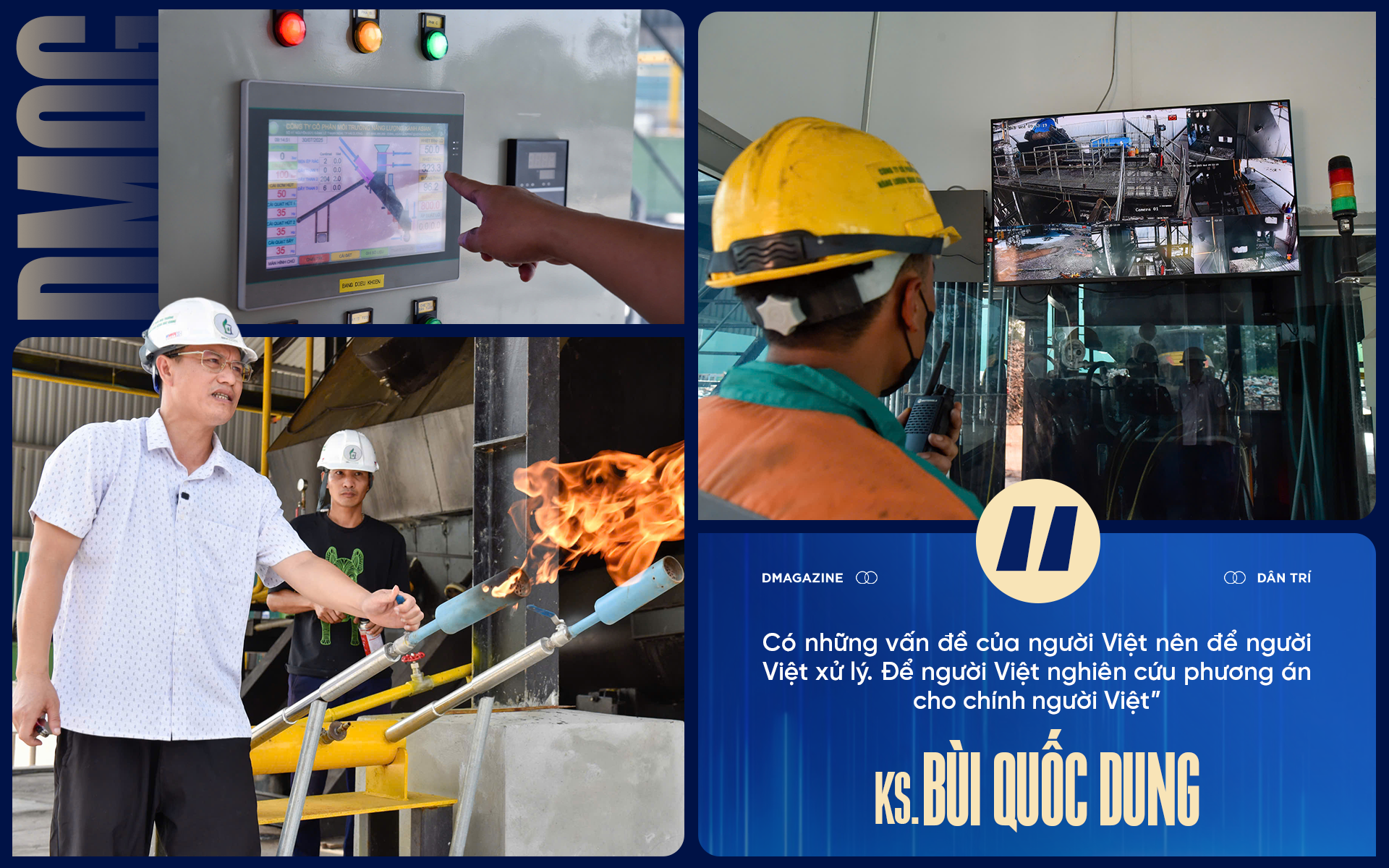
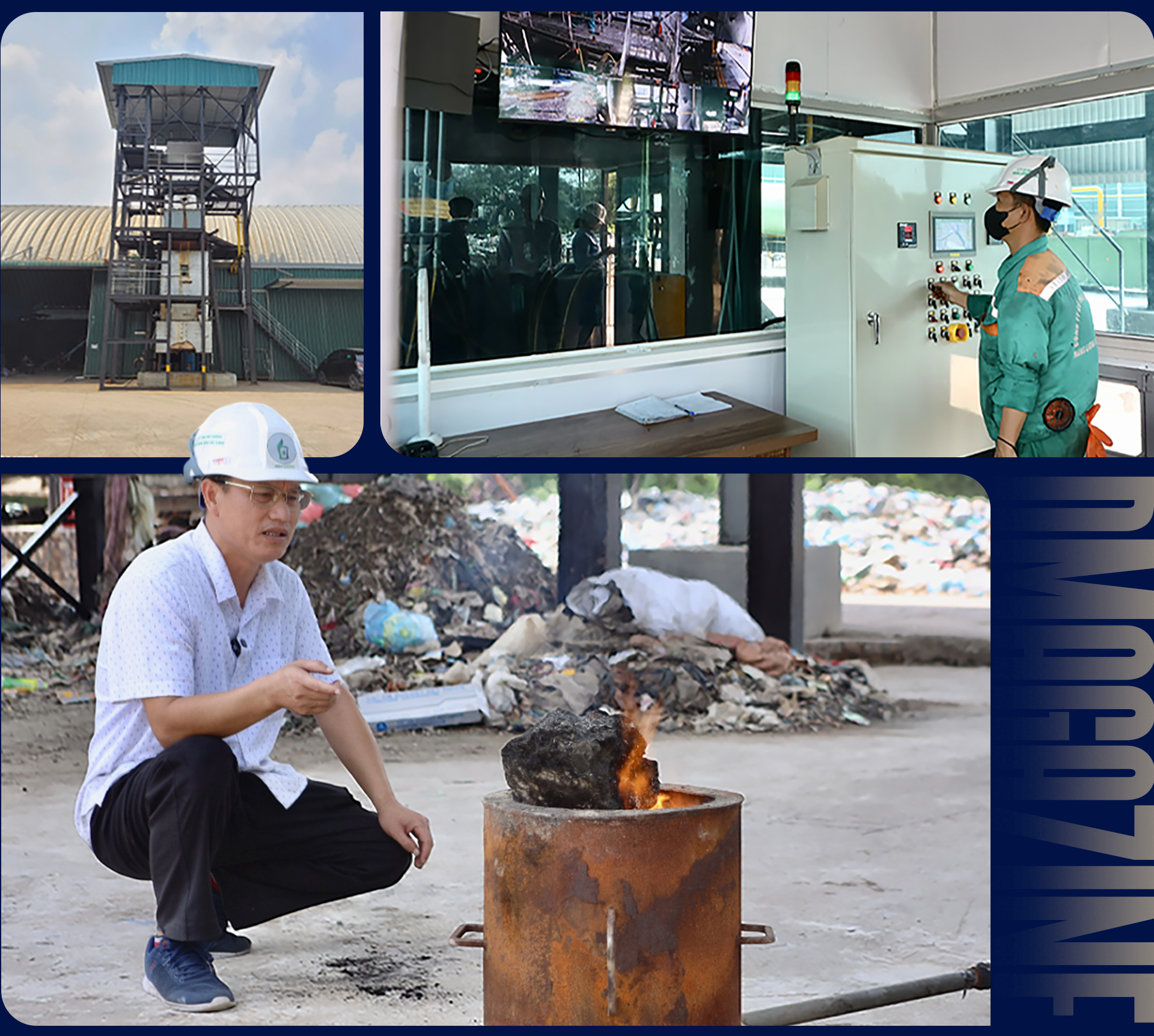

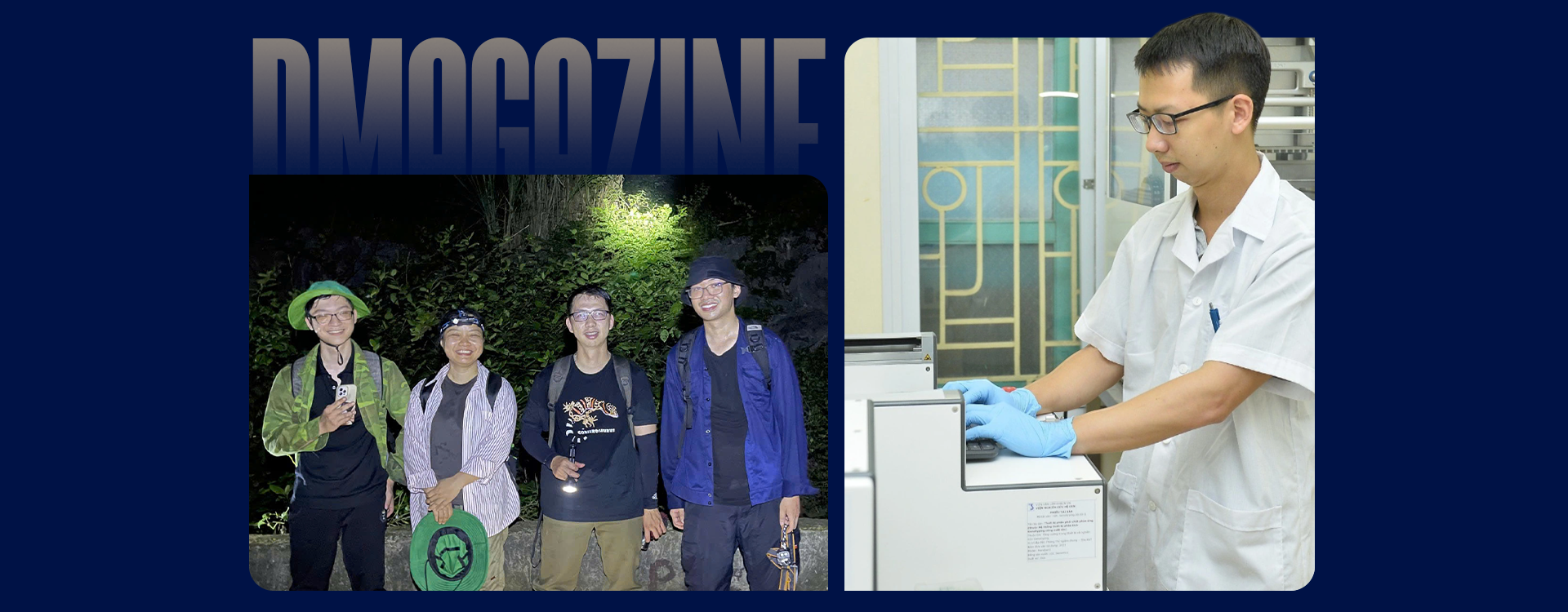
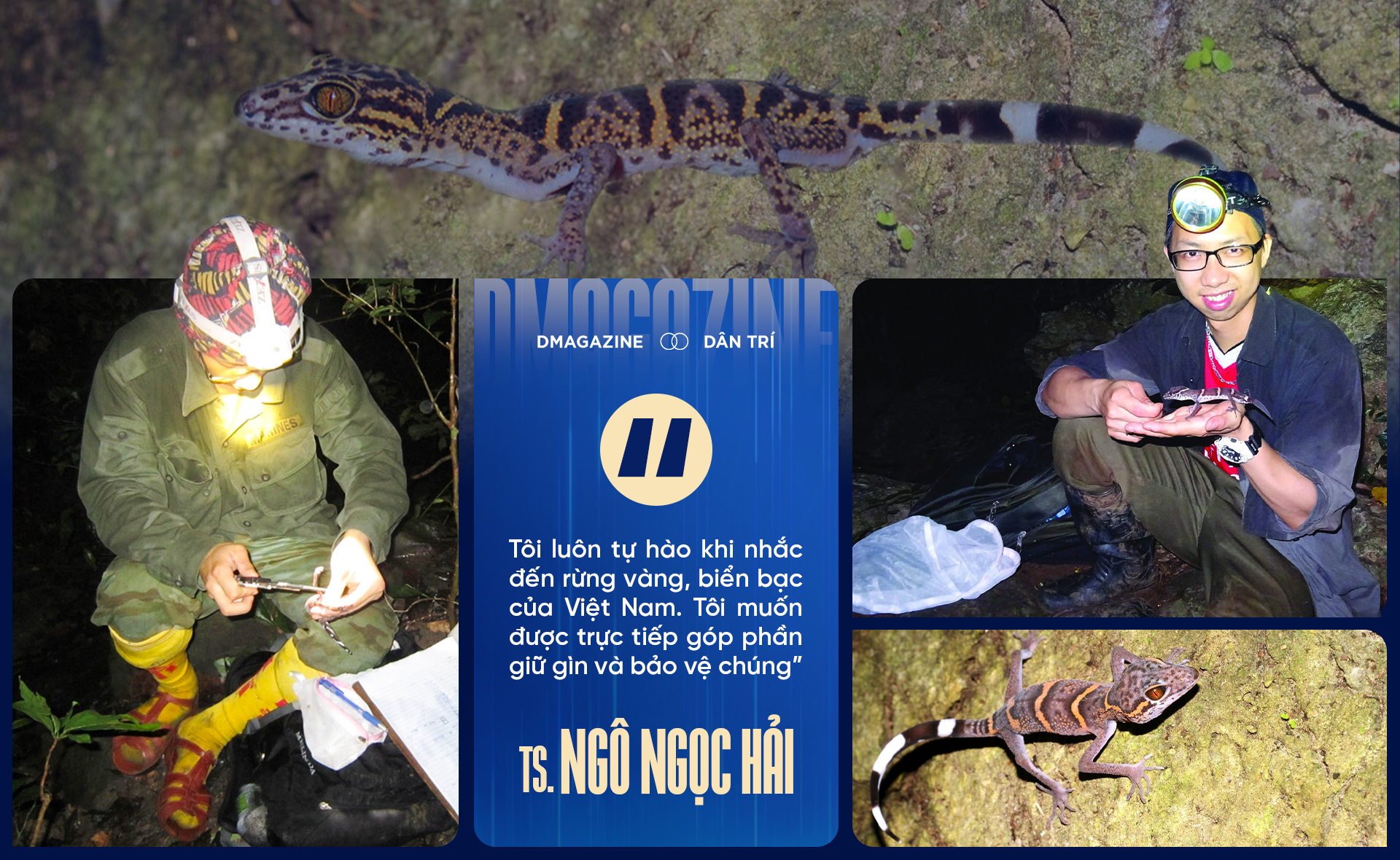




![[Photo] General Secretary To Lam attends the 80th anniversary of Vietnam's diplomacy](https://vstatic.vietnam.vn/vietnam/resource/IMAGE/2025/8/25/3dc715efdbf74937b6fe8072bac5cb30)

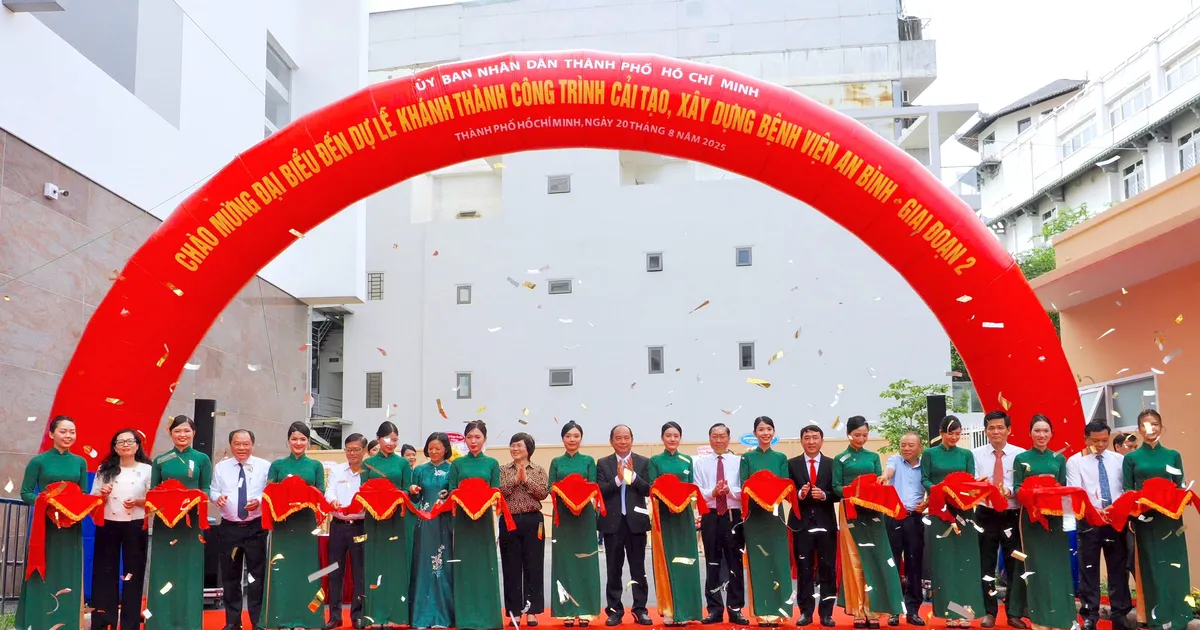





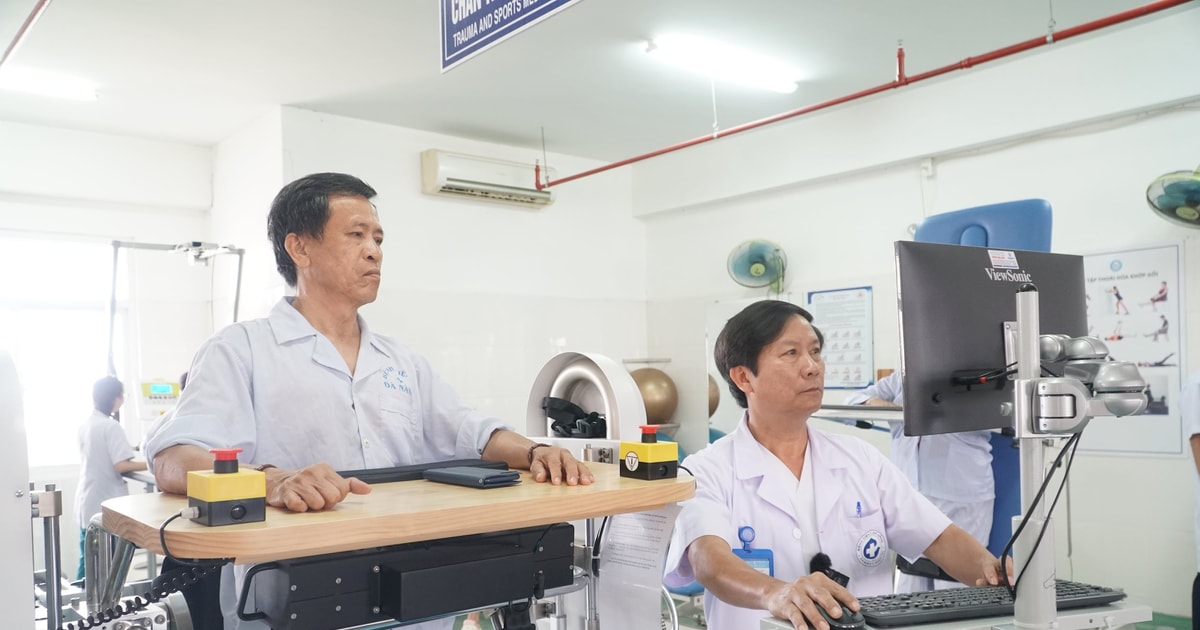

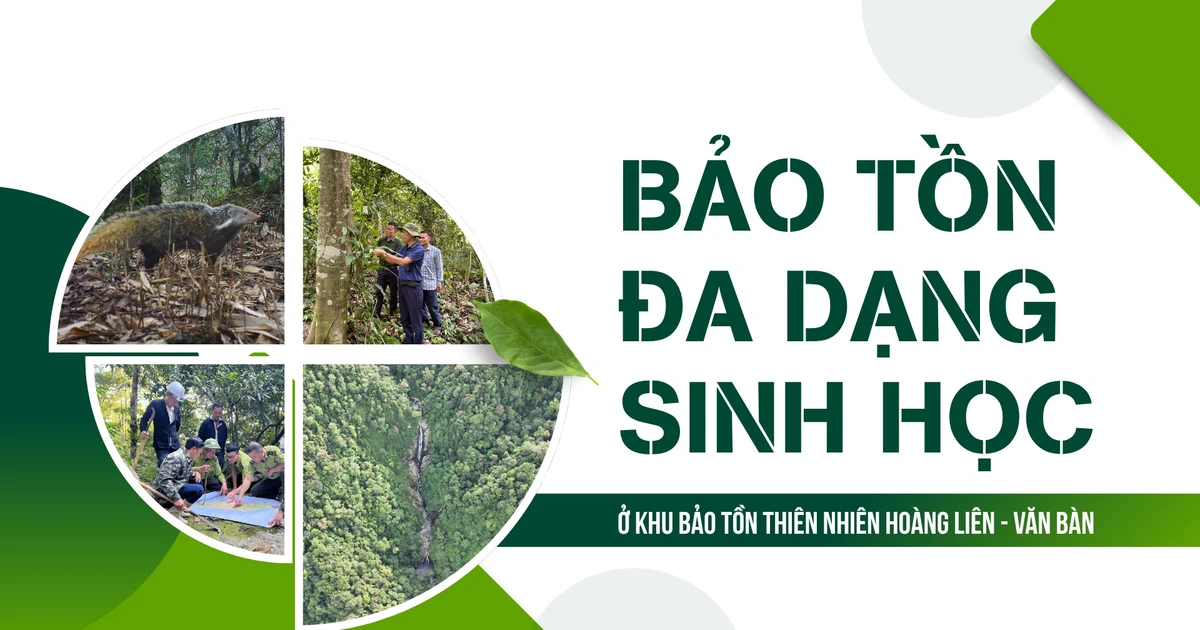


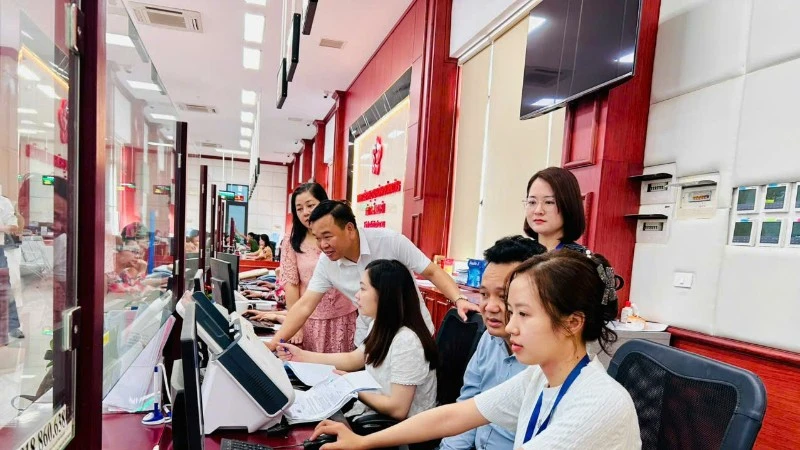





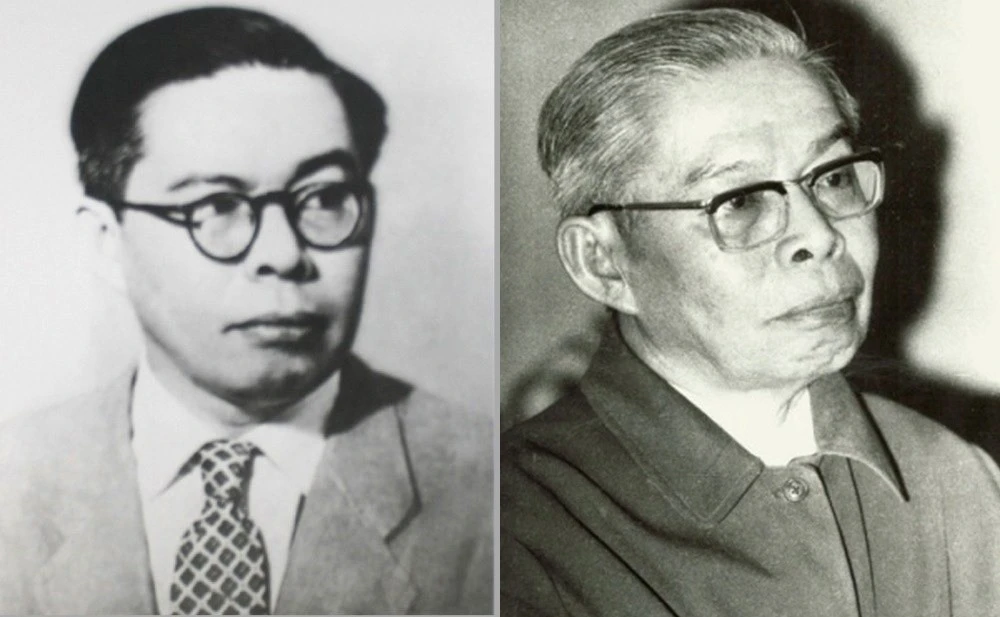
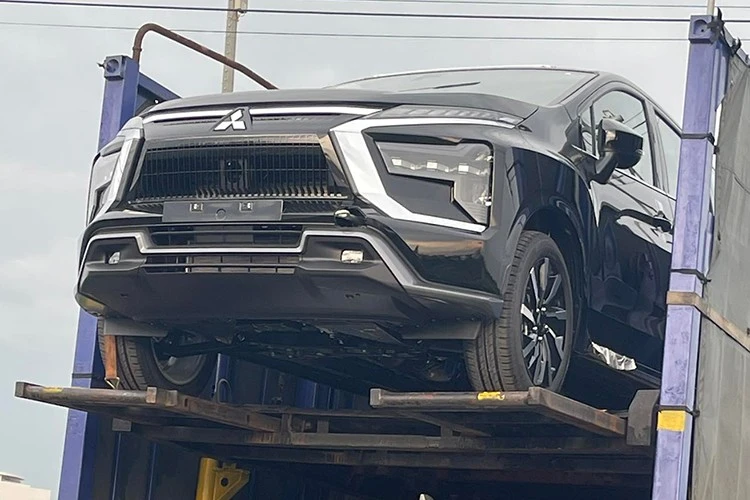





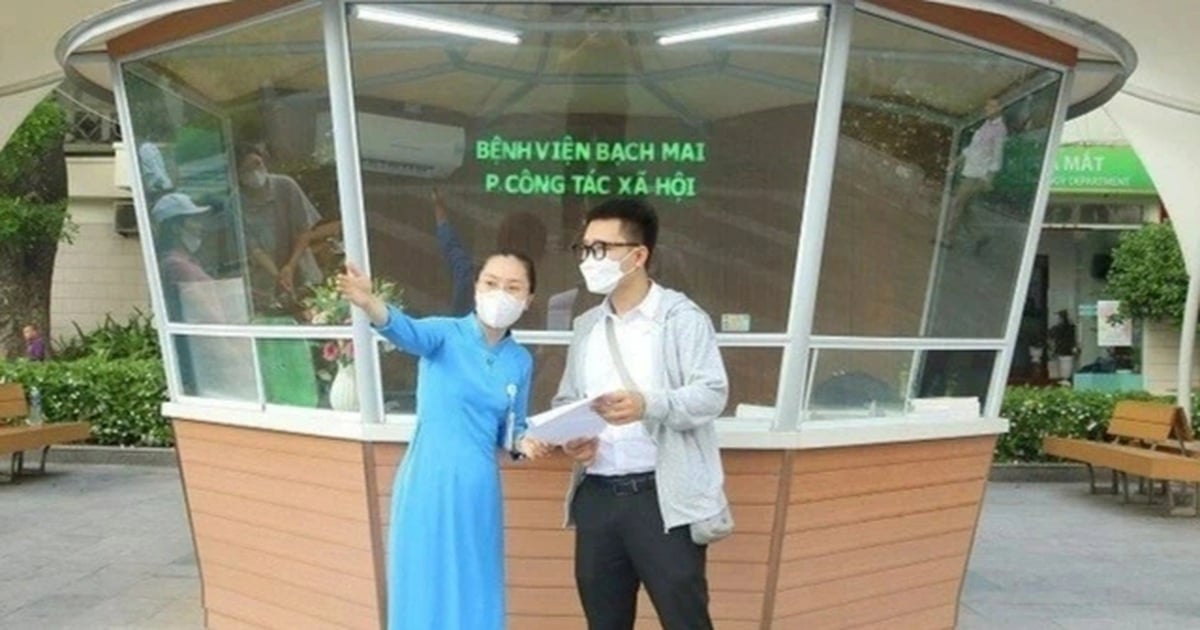

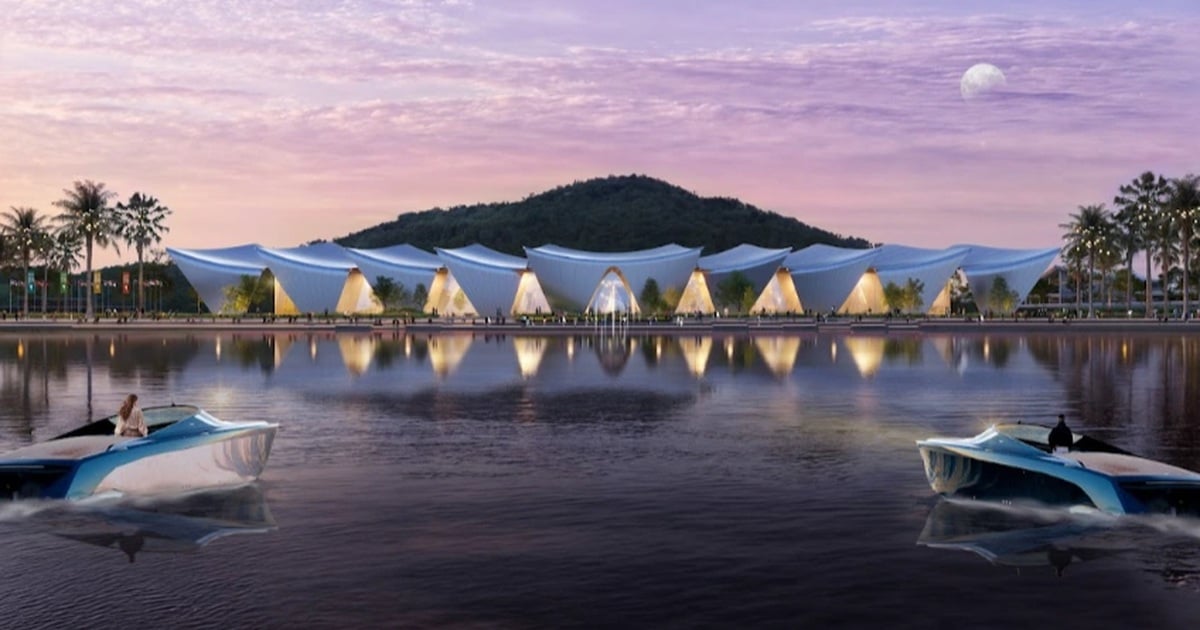
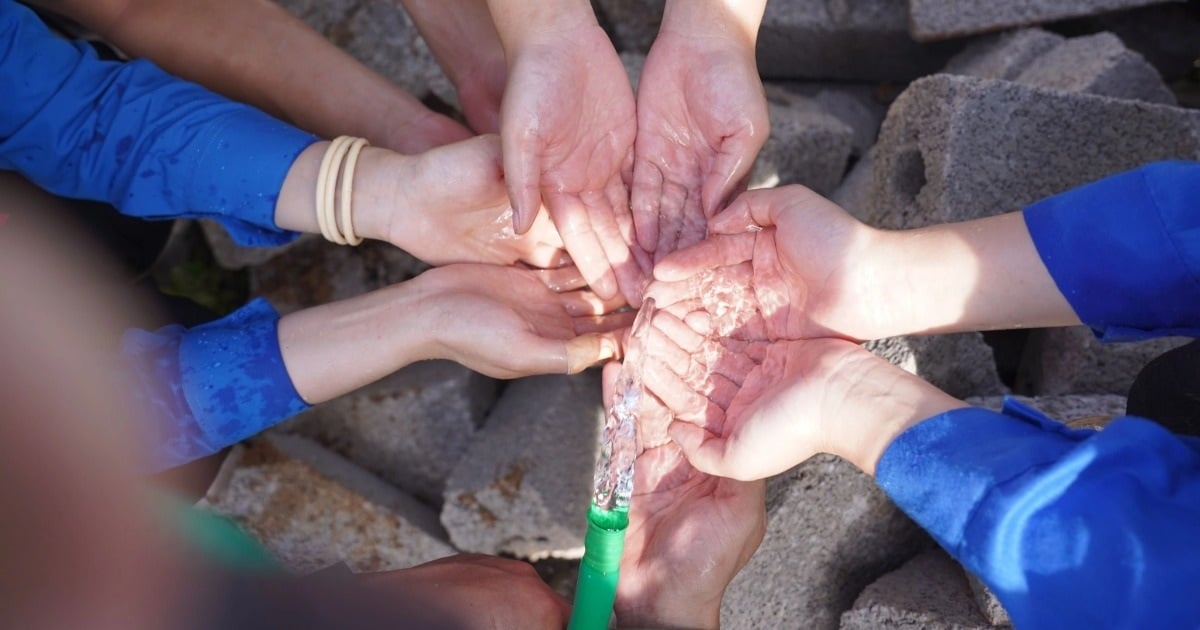


















































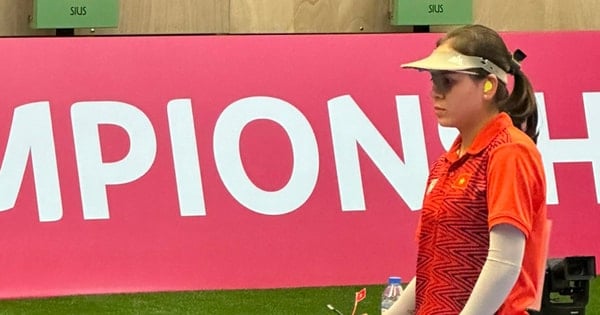
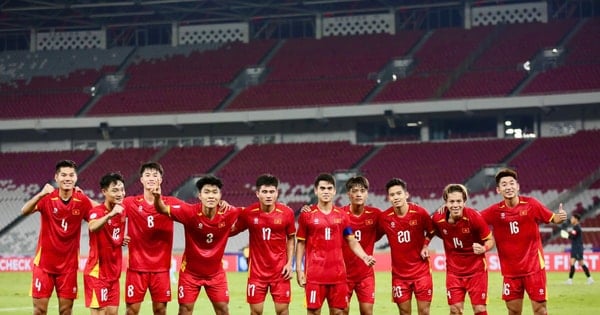
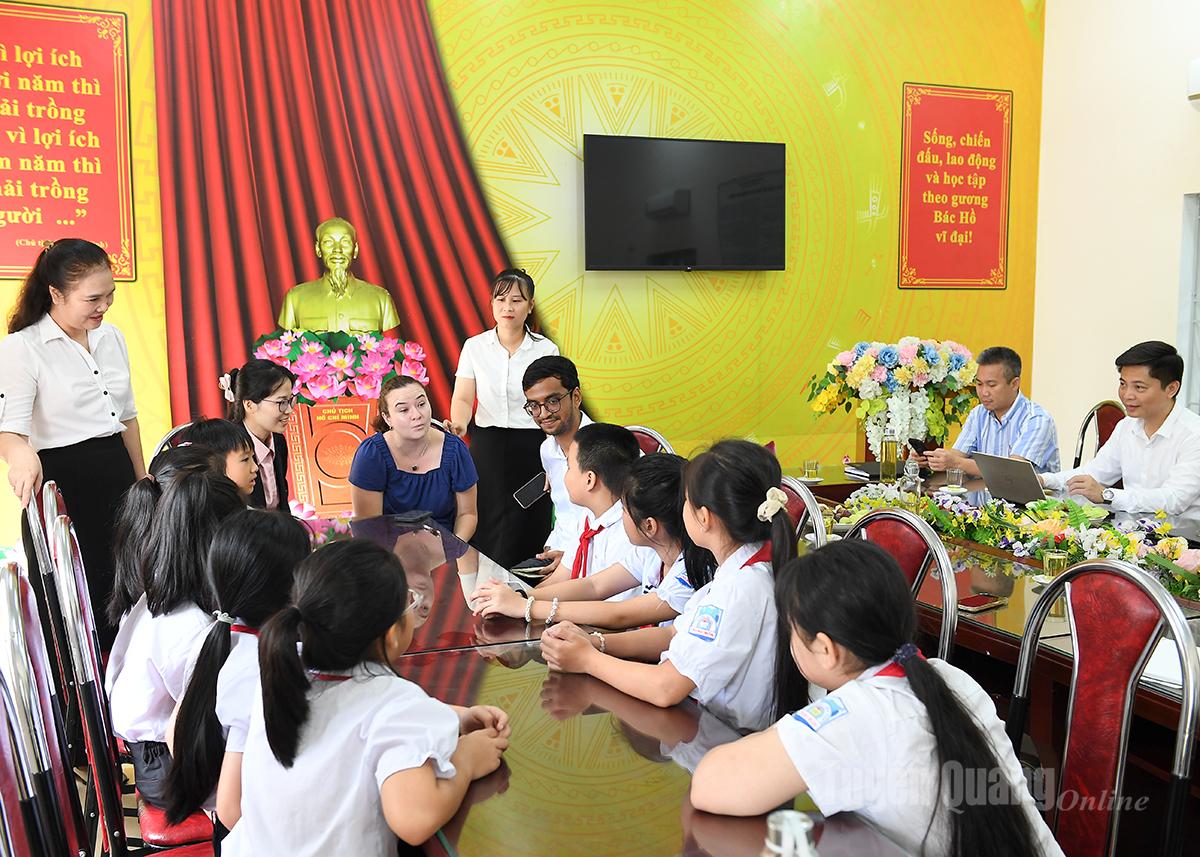

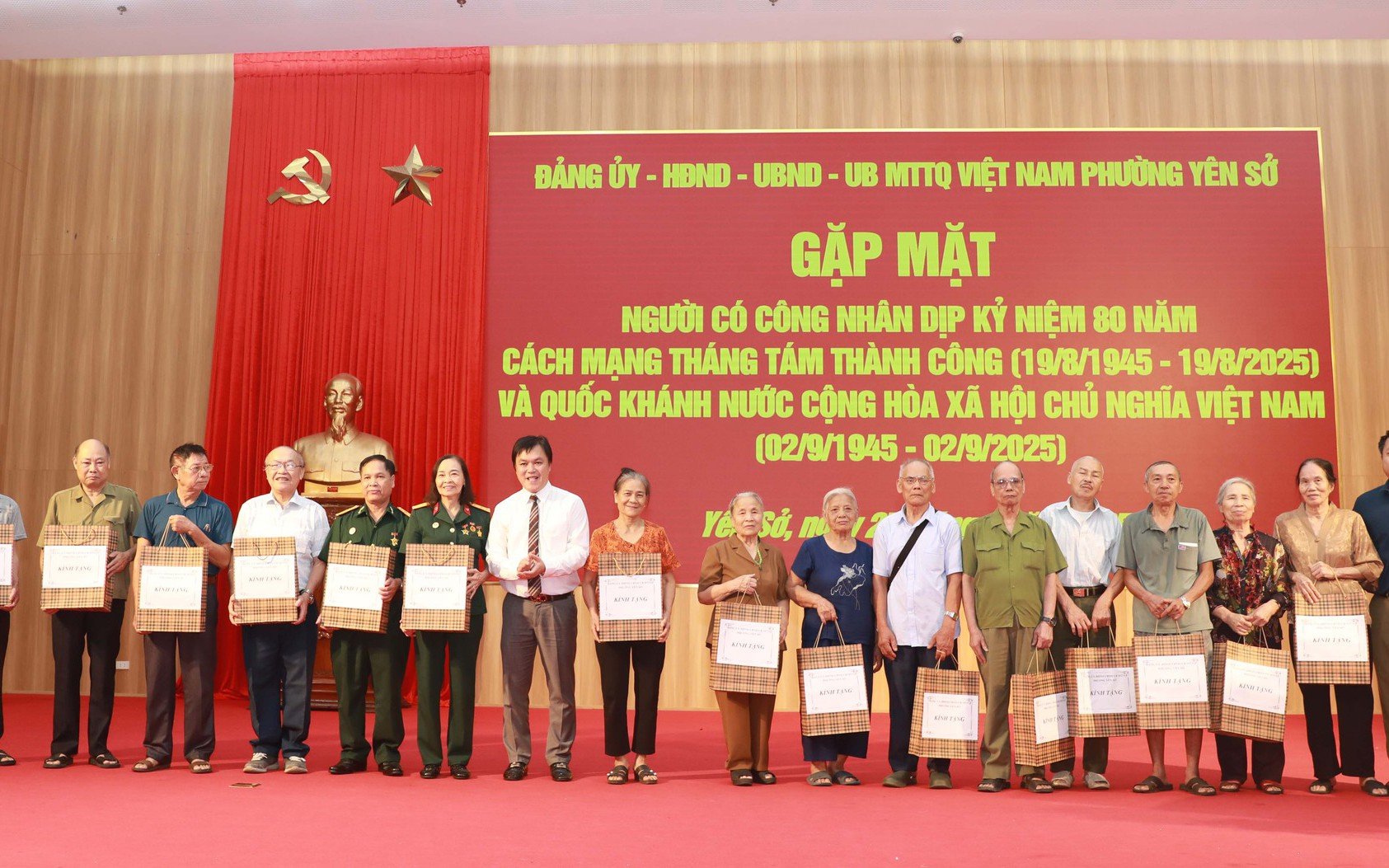
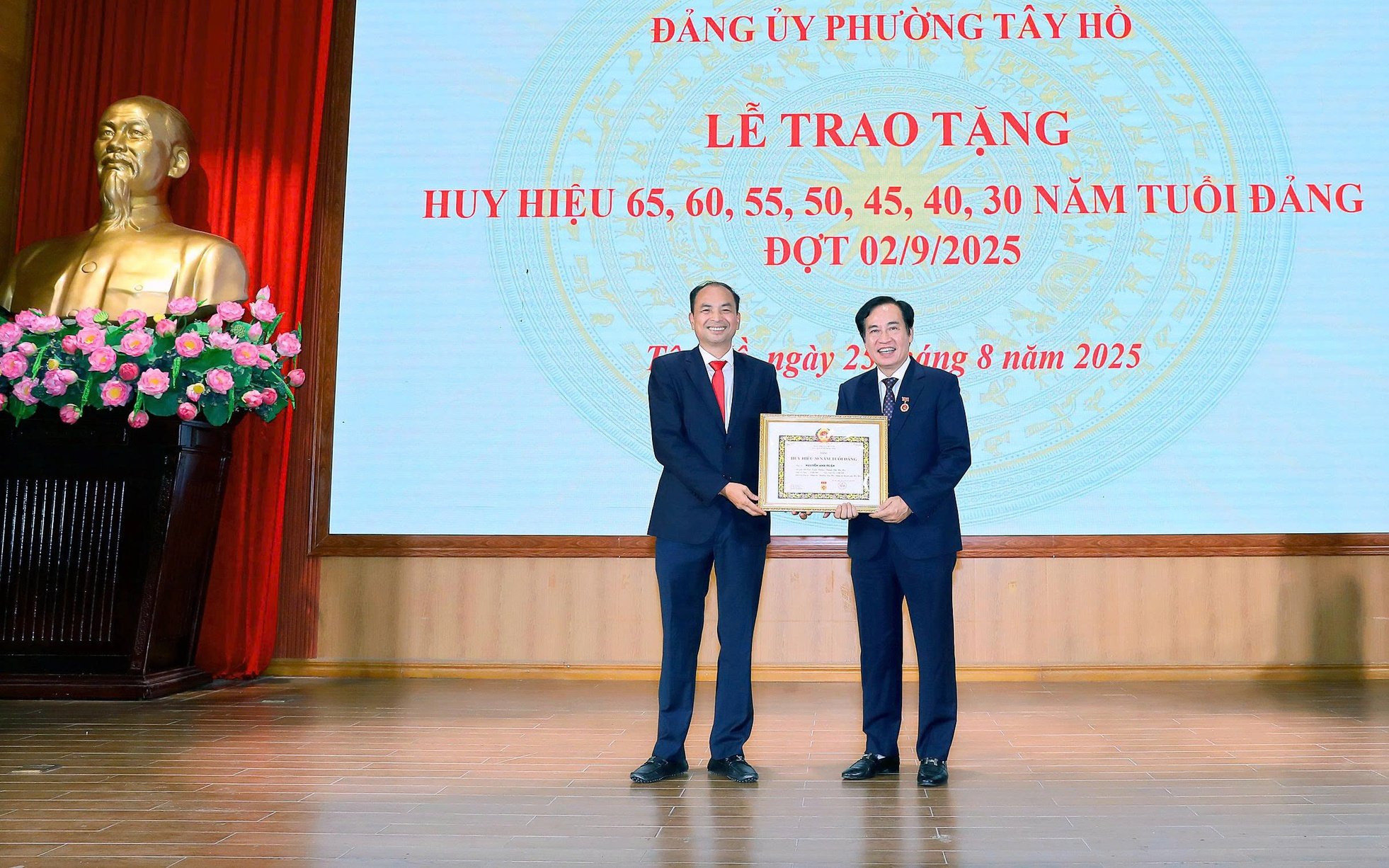
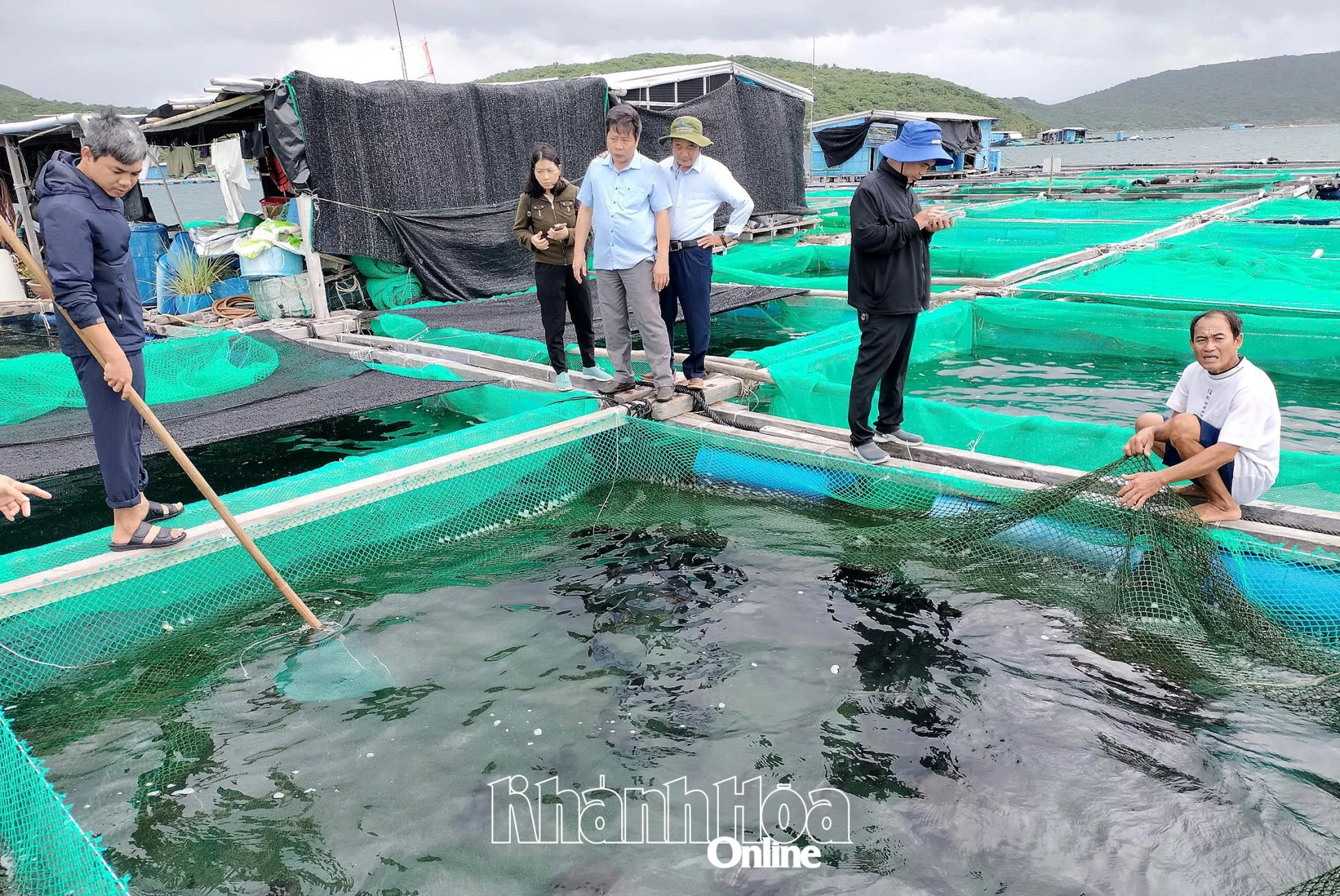














Comment (0)